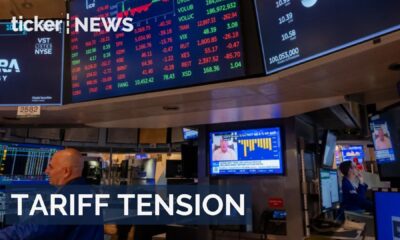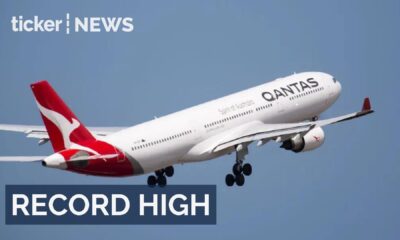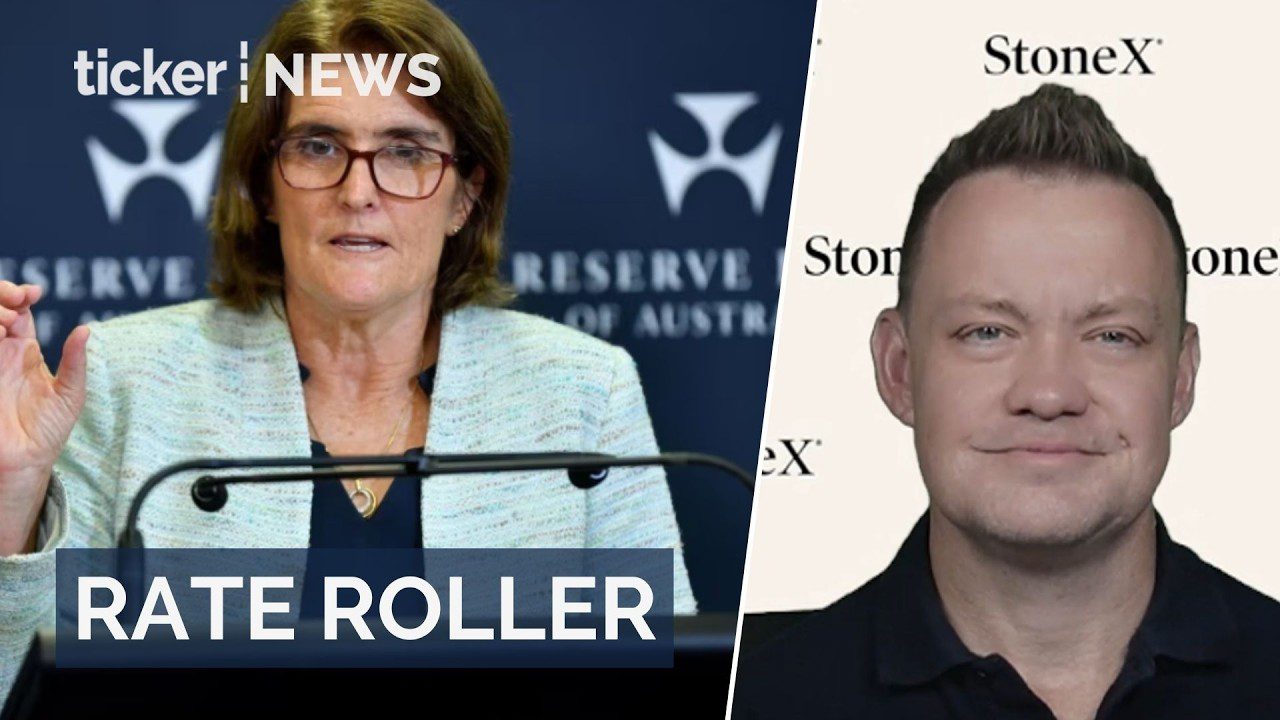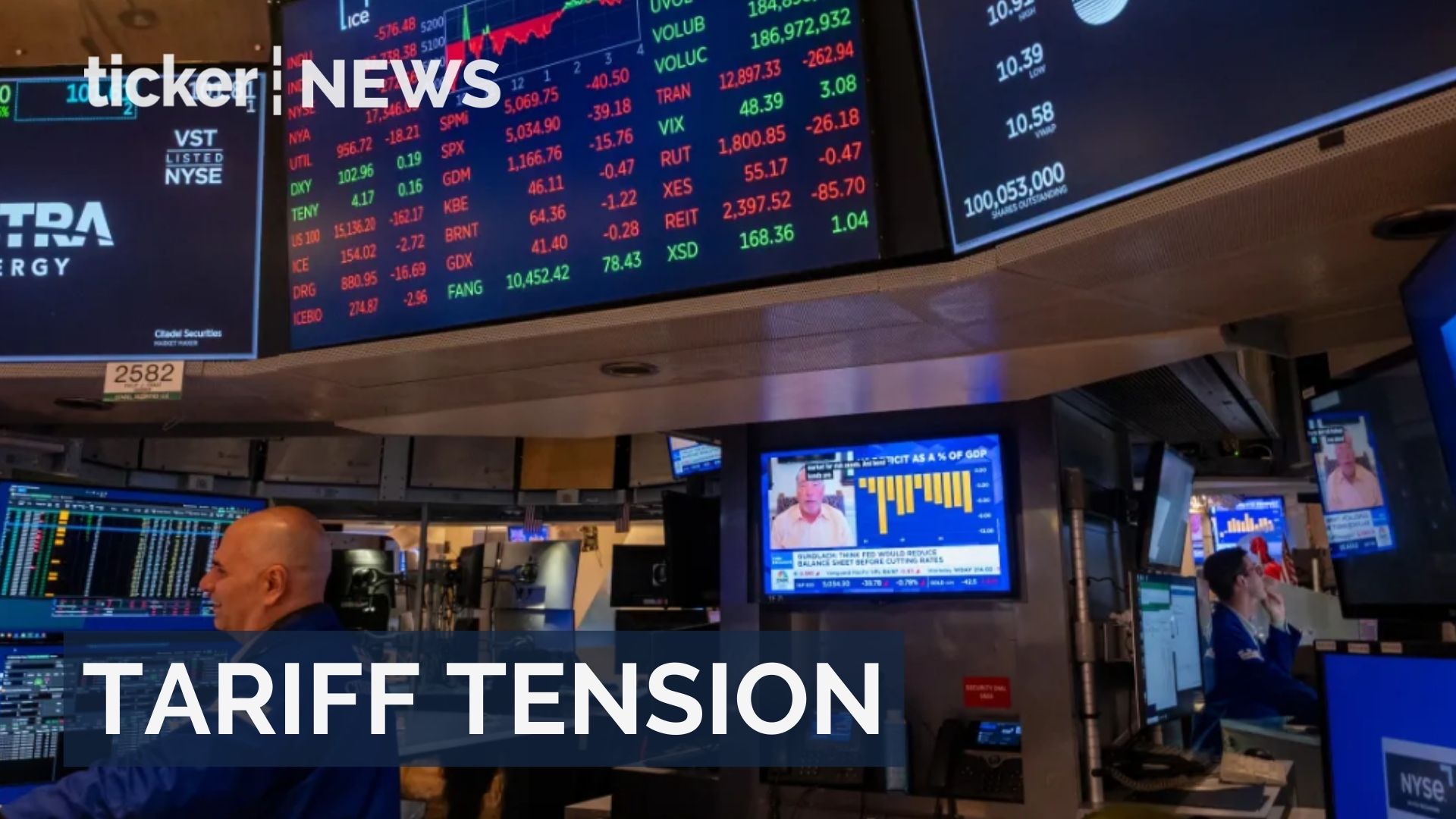Money
Generational divide – Only 13pc of Australians can buy a home
Money
Australia’s inflation report and Nvidia earnings impact explained
Australia’s inflation report sparks market shifts, influencing interest rates, the Aussie dollar, and investor sentiment amid Nvidia’s earnings.
Money
U.S. stocks rally as AMD, Home Depot, and AI software lead gains
U.S. equities rose as AI disruption fears eased, with Home Depot, AMD, and DocuSign driving tech stock gains.
Money
Stocks tumble amid AI concerns and Trump tariff update
Dow drops 800+ points as AI and trade worries hit tech and retail stocks; bonds rise amid market volatility.
-



 Tech4 days ago
Tech4 days agoOpenAI moves to replace software giants with AI products
-



 Money3 days ago
Money3 days agoAustralia’s inflation report and Nvidia earnings impact explained
-



 Tech2 days ago
Tech2 days agoMeta launches lawsuits over alleged scam advertising operations
-



 Tech5 days ago
Tech5 days agoAnthropic CEO holds key Pentagon talks on AI ethics and military use
-



 Money5 days ago
Money5 days agoStocks tumble amid AI concerns and Trump tariff update
-



 Tech3 days ago
Tech3 days agoNvidia earnings soar as AI drives 75% revenue growth
-



 News3 days ago
News3 days agoQantas announces 8,500 jobs and frequent flyer changes
-



 News5 days ago
News5 days agoPeter Mandelson arrested in London over alleged Epstein links






